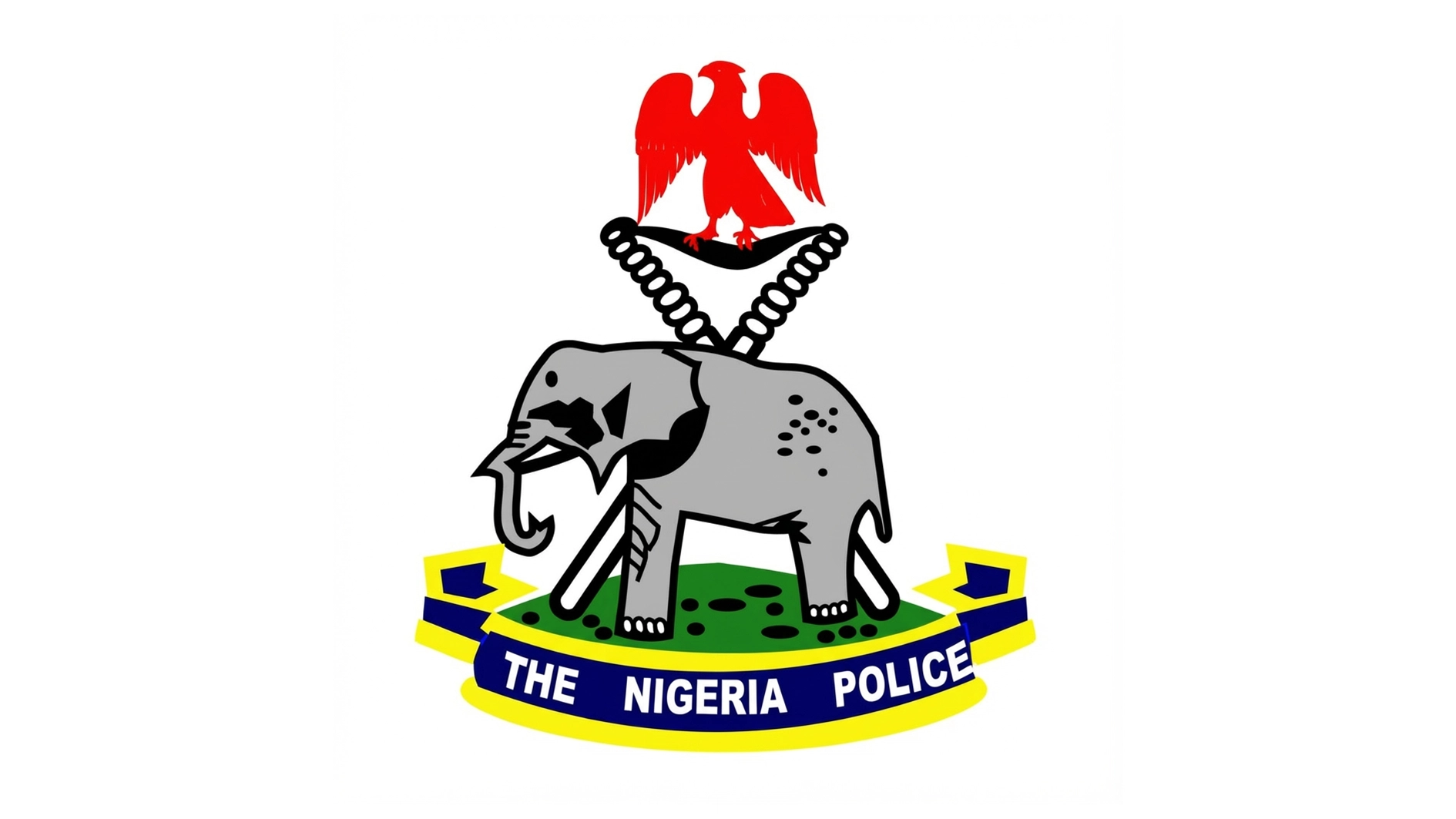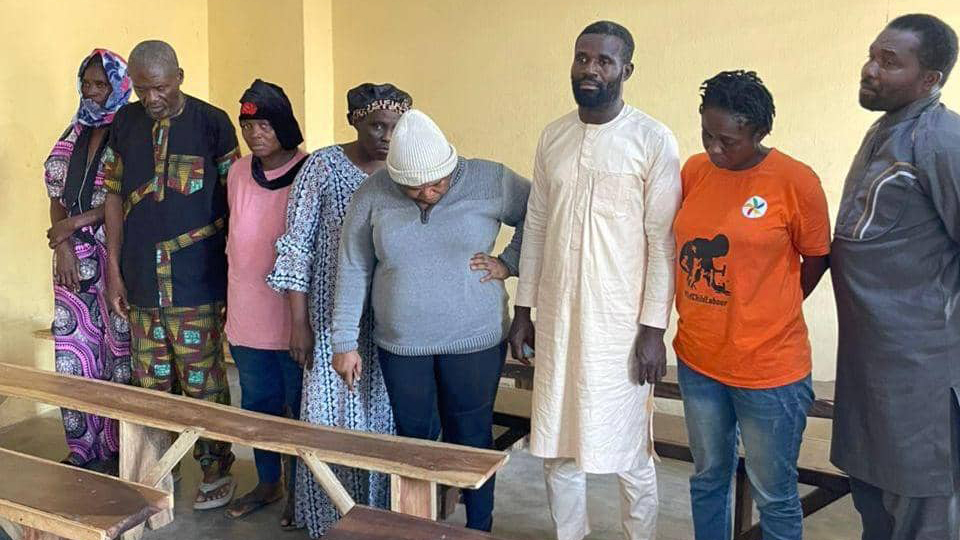Human Rights Writers Association of Nigeria (HURIWA) has supported Governor Caleb Mutfwang of Plateau State, who spoke against the military’s inability to arrest or neutralise the terrorists that killed 27 farmers in Riyom last week.
Similarly, the group blamed the Nigeria Police Force (NPF) for its persistent failures to prevent and detect terrorism in Plateau. The National Coordinator of HURIWA, Emmanuel Onwubiko, described as hypocritical the military’s arrest of alleged killers of soldiers in the same state, but failed to either arrest or neutralise the terrorists who attacked a community within very close proximity to a military checkpoint.
He stated: “The Chief of Defence Staff (CDS) or the Chief of Army Staff (COAS), as the case may be, needs to constitute an internal investigative panel,”to look into this disturbing scenario where his armed operatives completely allowed terrorists to escape, even when there were exchanges of gunfire between the military and the terrorists.
“We think that letting terrorists escape the wrath of the armed security forces is tantamount to sabotaging the internal security of Plateau, and this dereliction of duty affects the primary duty of government.”
Which is to protect the lives and property of the citizens.”
HURIWA recalled that the Plateau government had expressed frustration with the Nigerian Army for failing to apprehend or neutralise the gunmen who killed 27 farmers in Tahoss community, Riyom Local Council, recently.
Speaking on Channels Television’s The Morning Brief on Friday, the Commissioner for Information, Joyce Ramnap, said the military had engaged the attackers during the incident but failed to make any arrest, despite the proximity of a checkpoint.
“The checkpoint is barely 200 metres from where this incident happened.The response we got was that none was arrested and none were captured. None of those killed were affected by all that happened,” she said.
The commissioner noted that the attacked community is near an access road and surrounded by military checkpoints, making the lack of arrests more concerning.
Ramnap stated, “It is not a hidden community that we would say it is far, and that is why the people were not able to access help.
“We do not want to stereotype and say that the entire Army compromised in this case.”






